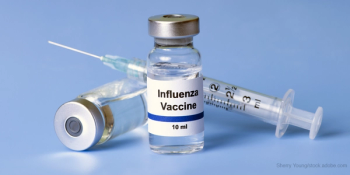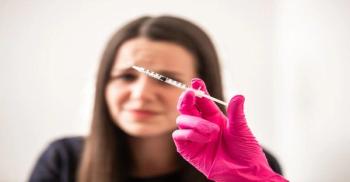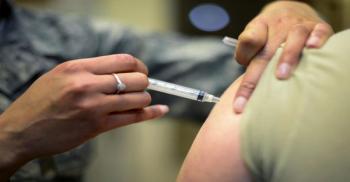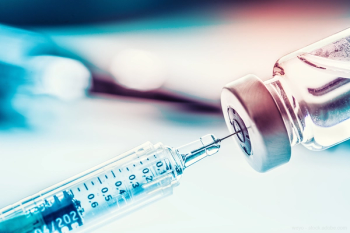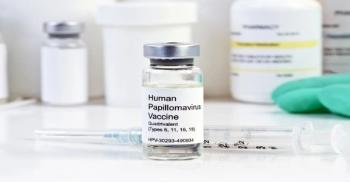
Tuberculosis vaccine shows promise in treating Type 1 diabetes and other autoimmune diseases
Researchers across the world have been studying a century-old vaccine used primarily for tuberculosis treatment as a way to manage autoimmune conditions like Type 1 diabetes. New research is promising, and researchers are moving forward with a new, larger clinical trial.
Patients with Type 1 diabetes (T1D) may have new hope when it comes to managing their disease. A new study testing new uses for the bacillus Calmette-Guérin (BCG) vaccine, typically used to treat tuberculosis, found that the vaccine was effective in producing significant decreases in blood glucose levels in T1D patients.
Results of the study, conducted at Massachusetts General Hospital, are still preliminary but show that the 110-year-old BCG vaccine could hold promise. Also used to treat leprosy and bladder cancer, the vaccine is being tested on varies autoimmune diseases that are the underlying cause of conditions like T1D. The vaccine will now be tested in a phase II clinical trial approved by the U.S. food and Drug Administration on a larger study group. Results of the phase I study were published in Vaccines in June 2018 and presented at a recent meeting of the American Diabetes Association. Senior author Denise L. Faustman, MD, PhD, director of immunobiology at Massachusetts General Hospital and associate professor of medicine at Harvard Medical School, said the data is a culmination of eight years of research.
“These clinical trials are unique since BCG was used and showed efficacy in people with long standing disease-average 20 years-and once the blood sugars returned to near normal re-dosing was not necessary,” Faustman said.
The clinical trial began eight years ago and was based on 20 years of research on white blood cell pathways in Type 1 diabetic subjects that were defective, she said.
“We realized that the disease causing cells could be killed in diabetes with a cytokine called TNF,” Faustman said. “TNF is made as the host response to the BCG vaccine and this is why we started clinical trials.”
There are now more than 16 clinical trials studying the vaccine’s impact on autoimmune globally, she said, and there is promising data supporting similar efficacy of the vaccine against multiple sclerosis.
For T1D, the reduction in autoimmune response caused by vaccine administration leads to a shift in the way the body metabolizes glucose from oxidative phosphorylation to aerobic glycolysis, which reduces blood glucose levels over time. Researchers found that the vaccine, administered in two vaccines a month apart, reduced blood glucose levels by 10 percent three years after treatment, and by 18 percent after four years. Eight years after initial administration, patients with T1D who received the vaccine had average HbA1c levels of 6.65, near the threshold for a diabetes diagnosis. Prior to receiving the vaccine, the average HbA1c of patients in the study group was 7.36.
Importantly, the study notes that there were no episodes of severe hypoglycemia in the study group, which was rather small. The goal now is to enroll a larger group and study whether the vaccine could benefit T1D patients in broader clinical practice.
Insulin use can result in dangerous hypoglycemic events, and insulin pumps and continuous glucose monitors are expensive and invasive for patients. The study shows that repeat vaccinations with BCG may bring HbA1c levels down to normal ranges without these types of devices, according to the research team. While the phase I trial did not investigate whether patients could discontinue insulin use after vaccination, that question will be addressed in the phase II trial, which is already fully enrolled as of June 2018. Faustman said insulin use will be closely monitored and studied in the new phase of the trial.
As a live attenuated vaccine, BCG may not be right for all patients, particularly those with immunodeficiencies, on immuosuppressive therapy, or on high-dose steroids. Researchers do not recommend any off-label use of the BCG vaccine at this time.
Newsletter
Stay informed and empowered with Medical Economics enewsletter, delivering expert insights, financial strategies, practice management tips and technology trends — tailored for today’s physicians.

